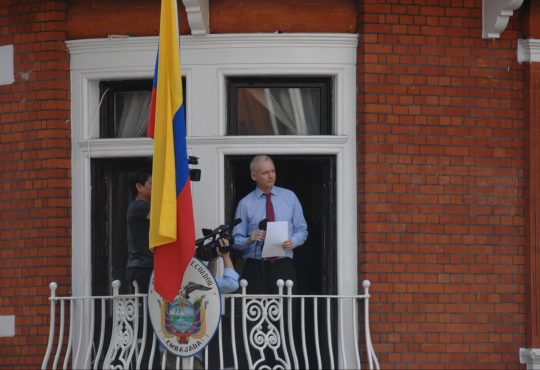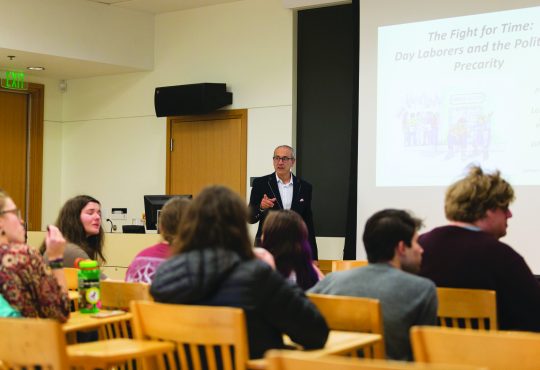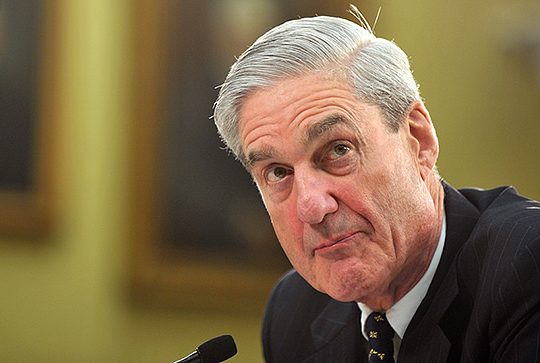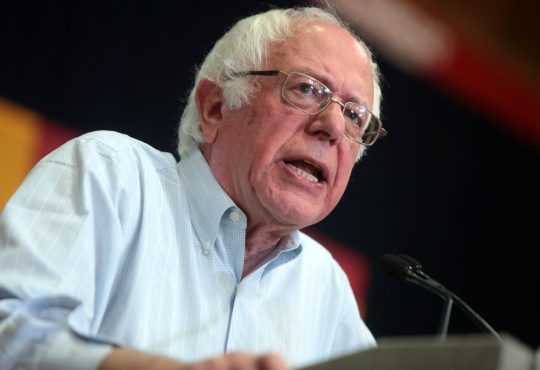
College campuses ought to be a place of active discourse and demonstration; however, Donald Trump has taken steps to prevent this from being a possibility.
On March 21, Trump signed an executive order that restricts our first amendment rights as college students. The executive order addresses a number of issues facing higher education, including the freedom of speech. The Chronicle of Higher Education gathered the specifics in the article “Here’s What Trump’s Executive Order on Free Speech Says.”
In Section 1, Trump states: “In particular my administration seeks to promote free and open debate on college and university campuses. Free inquiry is an essential feature of our Nation’s democracy.” The order does not elaborate on what Free Inquiry is defined as exactly, however, it goes on to implore institutions of higher education “to avoiding creating environment that stifles competing perspectives.”
While this order reads relatively harmlessly, the underlying implications and intentions behind it do not. In the article “Trump Signs Executive Order Protecting Free Speech on College Campuses,” the New York Times further reported that, “Mr. Trump said he wanted to give notice to ‘professors and power structures’ seeking to prevent conservatives ‘from challenging rigid, far-left ideology.’”
In stating his intentions this way, Trump makes it very clear that this order is only going to protect individuals advocating a conservative viewpoint.
We have already begun to see implications of the executive order. In Arizona, two University of Arizona (UA) students are now facing criminal charges for a peaceful demonstration they held on campus. The executive order was signed on March 21, while the student protest began on March 19. The closeness of these dates should not be ignored.
Border Patrol agents were on the UA campus to discuss career possibilities. A group of students collected outside of where the presentation was happening and voiced their concerns. Their actions were not directly impacting the presentation, yet they were arrested for “interfering with the peaceful conduct of an education (sic) institution,” according to Chronicle.com in the article,“2 Students Face Criminal Charges After Calling Border Agents ‘Murderers.’”
Now, looking at their actions, it seems as though they are doing exactly what the text Trump’s executive order is encouraging: promoting free speech. Yet, they were still charged. With this, it becomes abundantly clear that the essence of the order does not, and will not, protect liberals.
The Arizona case will not be a standalone case. Given the precedent being set by the Arizona case in conjunction with the executive order, we may begin to see similar actions taken across the country, and that is unconscionable.
College campuses have long been a cornerstone of change, whether it be through demonstrations or debate. Students being arrested for a peaceful protest is dangerous; it is the active prevention of their first amendment rights.
As college students, we should all be very concerned about this executive order and its potential implications. In the past year, we have had multiple student-led demonstrations, including the March for Our Lives. Imagine if all the demonstrators were arrested for that march. They were not violating any laws or school policies, and neither were the Arizona students.
We have inherited a world with many serious problems that demand both our attention and action. Change cannot be brought to fruition when our right to free speech and assembly is being assaulted.
To address the inevitable argument that what is happening right now is no different than the prevention of alt-right speakers on campuses: it is. Incidents like the Berkeley case in 2017 show the kind of responses students have to alt-right speakers being brought to campus. The students were expressing their viewpoints and showing what they wanted campus culture to be like.
Additionally, preventing an alt-right speaker advocating fascist (and sometimes literal Nazi viewpoints) is very different than students voicing their ideas and opinions. Many of the alt-right individuals who have been invited to college campuses in recent years have also promoted violence. Students peacefully protesting a system that is perpetuating harm against many people tend not to promote.
So Loggers, keep expressing your viewpoints. Keep going to marches, protests and rallies. Work to create the change you wish to see.






